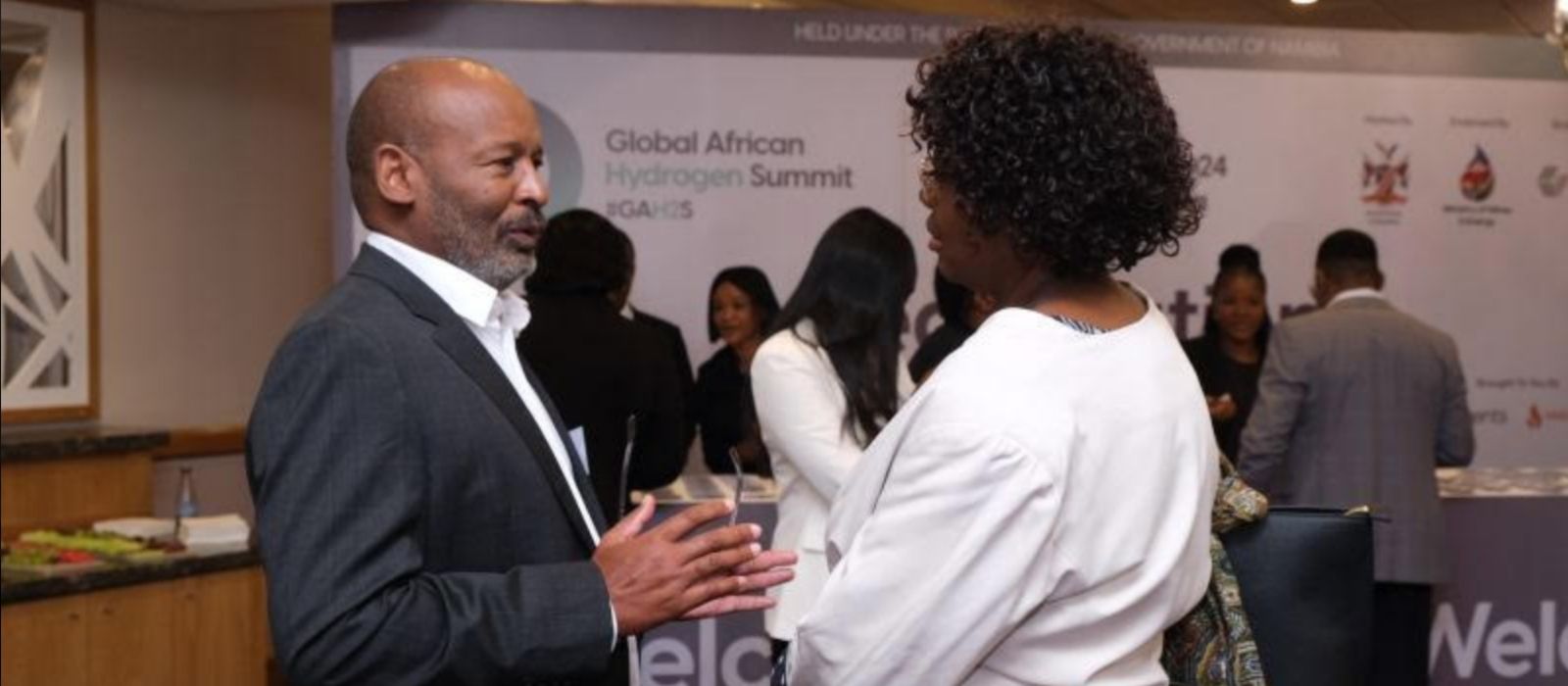
Heads of state, ministers, CEOs, and stakeholders are set to converge at the inaugural Global African Hydrogen Summit, a landmark event themed “From Ambition to Action: Fuelling Africa’s Green Industrial Revolution.” Scheduled to take place from September 3 – 5, 2024, in Windhoek, Namibia, the summit will focus on Africa’s burgeoning role in the global hydrogen economy.
A recent report by McKinsey & Company and the Hydrogen Council highlights Africa’s exceptional renewable resources, with capacity factors reaching up to 69% for wind power and 25% for solar power. Coupled with abundant geothermal and hydro resources and extensive land area, the continent is ideally positioned to become a leading producer and exporter of renewable hydrogen and its derivatives.
Africa holds significant potential to decarbonize the global energy system and emerge as a key player in renewable hydrogen production. Several African nations, including Angola, Djibouti, Egypt, Ethiopia, Kenya, Mauritania, Morocco, Nigeria, Namibia, and South Africa, are actively pursuing clean hydrogen production goals.
However, establishing a sustainable and economically viable hydrogen economy in Africa presents several challenges. Key obstacles include securing financing and investment, developing infrastructure, creating policy and regulation standards, advancing technology, generating demand, and overcoming a fragmented financial market.
The Global African Hydrogen Summit aims to address these challenges by fostering partnerships and collaboration across borders and continents. From September 3 – 5, a diverse group of stakeholders, including heads of state, ministers, policymakers, developers, investors, technologists, industrialists, and offtakers, will gather to facilitate public-private dialogue, influence policy, define practical solutions, accelerate project financing, and close critical deals.
During a recent mission to the Netherlands, His Excellency Nangolo Mbumba, President of the Republic of Namibia, emphasized the significance of the summit:
“As we look to host the Global African Hydrogen Summit, we shall not only showcase what Namibia has delivered in terms of our green hydrogen ecosystem but also highlight the efforts of our peer nations on the continent.”
He further underscored the summit’s role in overcoming industry hurdles:
“We shall zero in on key policy interventions needed to give birth to a burgeoning sector and showcase key financial models and tools necessary to close the gap between the price of grey and green molecules.”
Africa’s potential to meet the growing energy demand and map a sustainable path to a net-zero future hinges on stimulating both domestic demand and foreign offtake. Overcoming trade, infrastructure, and technology barriers to maximize hydrogen utilization in sectors such as power, agriculture, mining, steel, cement, transportation, and maritime is crucial.
The summit will also address the pressing issue of de-risking investments and financing for hydrogen projects. Reducing hydrogen production costs and attracting international investment requires robust legal, fiscal, and regulatory frameworks. The event will highlight bankable project criteria, green financing mechanisms, and country-specific instruments to accelerate green energy transactions.
By confronting these challenges head-on and fostering collaboration, the Global African Hydrogen Summit promises to ignite a new era of energy innovation across Africa and beyond. The summit aims to pave the way toward a sustainable and prosperous future for the continent and its partners.


